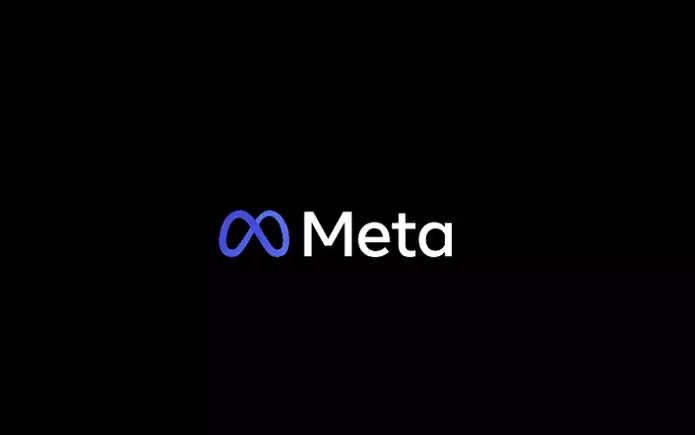In an era where the digital landscape heavily influences political discourse, Meta, the parent company of Facebook, finds itself in a complicated position. Publicly, Meta has claimed a distancing from political content in an effort to minimize misinformation and divisive interactions. Yet, a recent surge of misleading political advertisements on Facebook suggests otherwise. Despite Meta’s stated intentions, its platforms remain fertile ground for manipulation and false narratives, raising questions about the effectiveness and sincerity of its anti-political stance.
Recent reports have highlighted that Facebook is once again playing host to a barrage of politically charged advertisements, many of which propagate misinformation regarding the upcoming elections. The ads in question vary widely in both content and presentation, featuring everything from doctored images of prominent political figures to exaggerated claims about social unrest. Such blatant attempts at political manipulation call into question the effectiveness of Meta’s efforts to purge its platforms of political toxicity.
It’s not unexpected, given Facebook’s history, that political operatives might exploit its vast reach. The Russian interference in the 2016 U.S. elections is a stark reminder of how quickly misinformation can spread on social networks. In response to such violations and the subsequent backlash, including a high-stakes congressional hearing, Meta has attempted to implement changes by distancing itself from political content altogether.
Alongside the push to regulate political ads, Meta has shifted its focus towards non-political, entertainment-based content. The company’s strategy involves promoting engaging content that aligns more closely with user preferences, particularly through formats like Reels, which have gained traction for their engaging nature. This approach stems from user feedback indicating a desire for less political discourse and more lighthearted interaction.
Yet Meta’s pivot raises further questions: Can a platform that thrives on real-time engagement truly function without tackling significant societal issues? As digital platforms become primary sources for news and information, avoiding politics altogether may not be sustainable in the long run. The complexities of political discussions often occupy a prominent space in public consciousness, and users are likely to seek out avenues for dialogue, regardless of Meta’s intentions.
Although Meta is striving to limit the spread of political content, the fundamental nature of social media makes such efforts undeniably complex. The platform’s algorithms thrive on user engagement, and political topics often generate substantial interaction. If Meta were to excessively limit these discussions, it could inadvertently harm overall engagement on its platforms, contradicting its goal of enhancing user experience.
Moreover, Meta’s definition of “political content” remains somewhat ambiguous, encompassing a range of topics under the broader umbrella of governance and social issues. This vagueness could lead to inconsistencies in content moderation, potentially allowing harmful misinformation to slip through the cracks. As users navigate a labyrinth of policies that can change at a moment’s notice, the lines between accepted political discourse and prohibited content blur further.
To navigate this intricate web, Meta must strike a delicate balance. The company must develop clearer guidelines regarding what constitutes political content and ensure that these definitions are flexible enough to adapt to changing landscapes. Furthermore, transparency in the platform’s approach would help build trust among users who seek reliable information without the clutter of misinformation.
There is a growing sentiment that Meta’s current model of engagement may require significant adjustments as the political climate evolves. Instead of navigating around political discourse, embracing it in a more responsible and moderated manner may yield a better long-term outcome for both users and the platform itself.
Ultimately, as the world becomes increasingly interconnected and politically charged, Meta cannot truly escape the political landscape. The company’s commitment to limiting divisive content should not come at the expense of silencing discussions that matter to its users. While combating misinformation is crucial, it is equally important to recognize the role that platforms like Meta play in shaping public opinion and social discourse.
As Meta grapples with its identity and purpose, the challenge lies in developing a strategy that fosters responsible engagement while also acknowledging the political realities of our time. Only then can it hope to maintain relevance and trust in an ever-evolving digital world where the lines between politics and everyday life are inextricably intertwined.


Leave a Reply